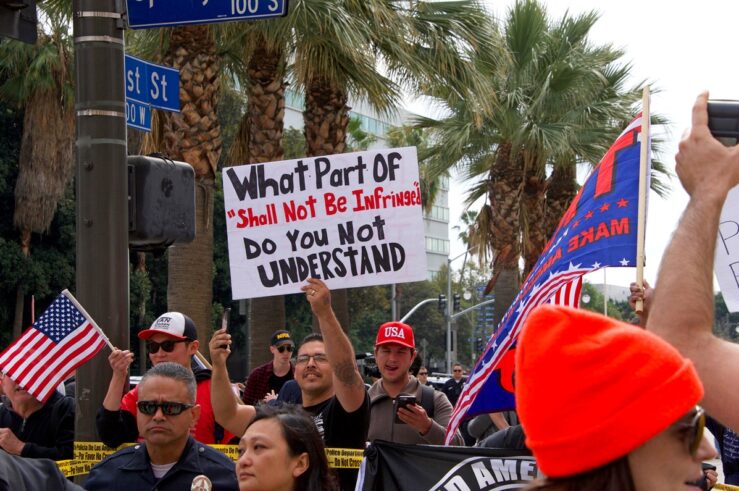This article is a part of the The Law & Economics of Interchange Fees Symposium symposium.
I feel that at least two important issues are being left out of the raging controversy over the cost of interchange. (At this point my readers are probably deciding if I’ll follow with a pro-merchant or pro-bank POV…but guess what: here comes one of each to make my point that we’re being a bit simplistic in this debate!).
Point one: card fees replace other costly forms of payments, and this must be included in any policy discussion. Previous Javelin research of several hundred merchants found that total costs for handling checks and cash are often considered to be as high as those for cards. Cash comes with risk of employee fraud, and may prevent consumer sales for those without current access to paper or cash money. Every check is an incident of fraud waiting to happen, as these antiquated IOU instuments are essentially dead or dying in every country other than the U.S. Checks invite criminals to follow the simple methods documented by Frank Abagnale of “Catch Me If You Can” fame.
Point two: Any discussion over cost of interchange should include a review of who pays for fraud. Between merchants and banks, if there is a disparity over who handles the brunt of fraud (the recent study we did for LexisNexis found that merchants incur 90% of direct fraud cost) brings up issues of incentives. Simply put, if you can pass a cost on to someone else your incentive for minimizing the cost may be reduced.
And now that I’ve said something to anger both merchants and bankers, I’ll eagerly await the responses…




